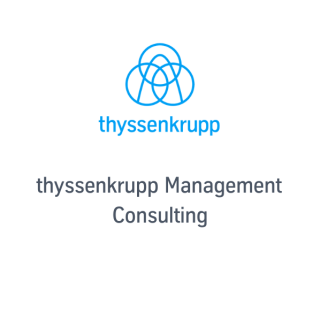Dear follow case enthousiast,
I have difficulties with the hypothesis approach in some perticular cases, I do understand how to have an hypothesis approach on a profitability framework (i.e. my hypothesis is that revenue a driving a decline in profit, that you then try to disprove).
But in some case where the task is more open (e.g. case with "how would you"), I find it difficult to lay out an hypothesis. For example, what would be you approach in the following case: "How would advise a wealthy philanthropist in setting up a NGO"? and assuming the question is more centered about 2 areas 1) where and for what action to invest money (e.g. eduaciton in SE-Asia, Access to basic health in sub-saharan countries) 2) how to get financial and non financial support. For me a natural approach/issue tree would me more to have a list of qualitative factors and somehow weight them to get to a recommendation. However, I'm curioius to hear how you would solve this question using an hypothesis approach.
Thanks,
Ben










